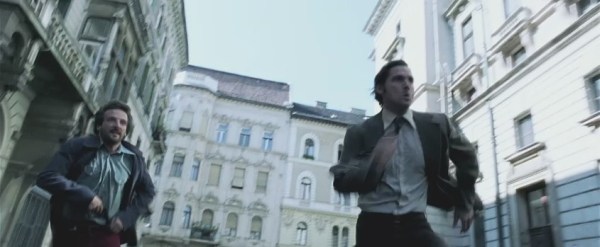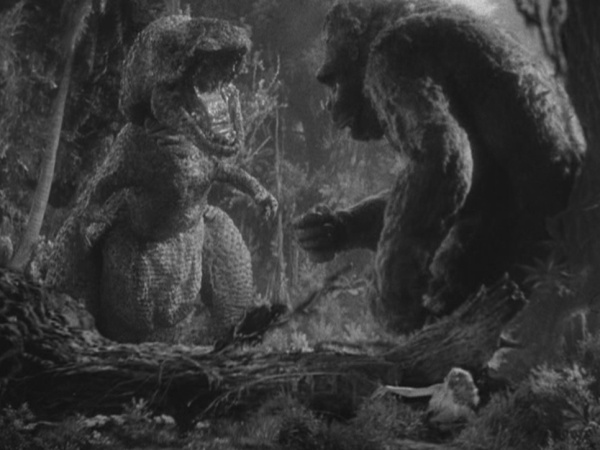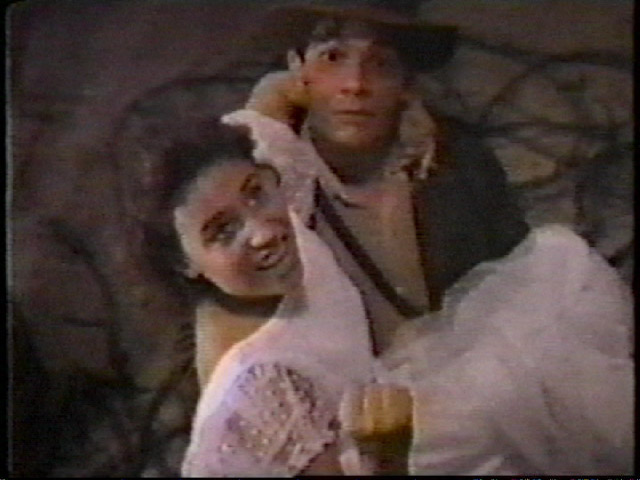Mad Max (George Miller, 1979)
Mad Max stands alone, the first and only film of a genre that surely could be explored and exploited, with interesting results, by action-oriented filmmakers. It is extremely probable, I believe, that if Australian filmmakers began churning out similar violent, futuristic car-motorcycle films full of spectacular chases and crashes – films in which the stuntmen are the stars – it could be the start of an international craze equal to that caused by Italian westerns and Chinese kung fu movies a few years back.
Danny Peary, Cult Movies, 1981
Looking back, the surprise is how much the Australian film industry didn’t follow the example of Mad Max. George Miller’s cult classic is often cited as one of the most profitable films ever made (in terms of proportionate return on investment), yet the flood of road-based action movies Peary half-expected never arrived, and Mad Max and its sequels remain aberrations in the history of the Australian cinema. For whatever reason – I suspect the influence of government funding bodies – the imitators never followed, and Miller was left to forge his own little mini-genre. It is probably just as well: for all the spaghetti westerns that were made, there was only one Sergio Leone, and I doubt an industry of Mad Max clones would have thrown up anybody nearly as talented as Miller.





